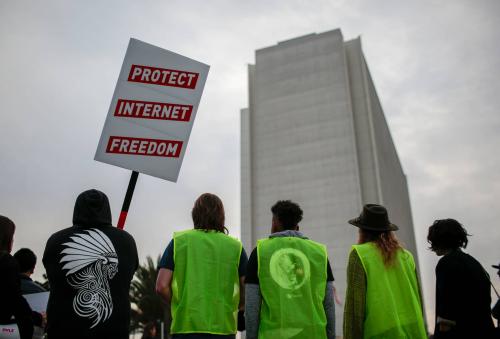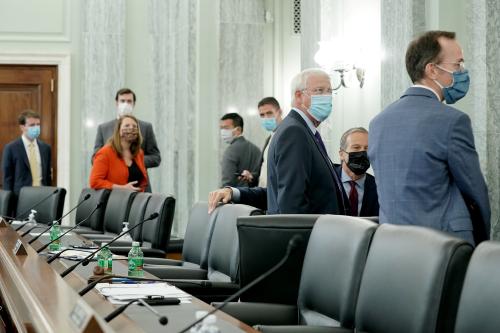In a landmark decision the Supreme Court (SCOTUS) held today that before police can search for information on an arrestee’s cell phone they must secure a warrant. The decision means that investigators must demonstrate to a judge why they need to access the voluminous information available on a cellphone.
The case started with a traffic stop in San Diego in 2009. David Riley was pulled over for an expired license and police found loaded guns in his car. During a routine search the officers discovered his smart phone. After his arrest the officers uncovered evidence suggesting that he was a gang member. An investigator specializing in gangs used information found in Riley’s phone to link him with an unsolved murder. Riley’s lawyers moved to suppress the evidence that stemmed from the search of his cell phone.
SCOTUS Understands Technology
The SCOTUS has at times received criticism for misunderstanding basic technical issues. But in this case the Court argues compellingly for why cell phones deserve special protections. Chief Justice Roberts wrote, “Cell phones differ in both a quantitative and a qualitative sense from other objects that might be kept on an arrestee’s person.” Indeed cellphones hold a massive amount of data about their users and have access to even more through the cloud.
Government officials had argued that immediate searches were necessary because of concerns that criminals would destroy evidence. They were concerned that third parties could delete or encrypt information. It was even suggested during arguments that criminals could “geofence” their data or set their phones to automatically delete information after entering or leaving a certain area. The court even recognizes that although unlikely, this could occur. But the opinion recognizes, “We cannot deny that our decision today will have an impact on the ability of law enforcement to combat crime.”
Implications for Expanded Privacy Rights?
Some have speculated that the Riley decision could lend insight into future opinions on the legality of National Security Agency surveillance programs. The opinion states, “a cellphone collects in one place many distinct types of information…that reveal much more in combination than any isolated record…The sum of an individual’s private life can be reconstructed through a thousand photographs labeled with dates, locations, and descriptions.” The Court recognizes the power of using big data and the implications for personal privacy. The recognition that cell phones serve as a portal to troves of personal information is a big step for the Court.



Commentary
Supreme Court Protects Cell Phones from Routine Searches
June 25, 2014